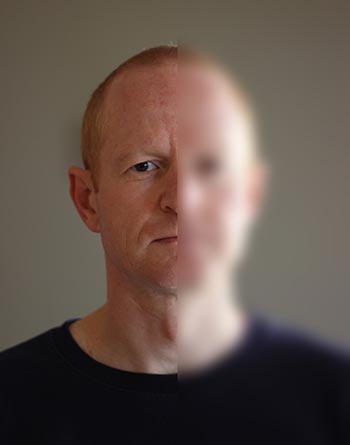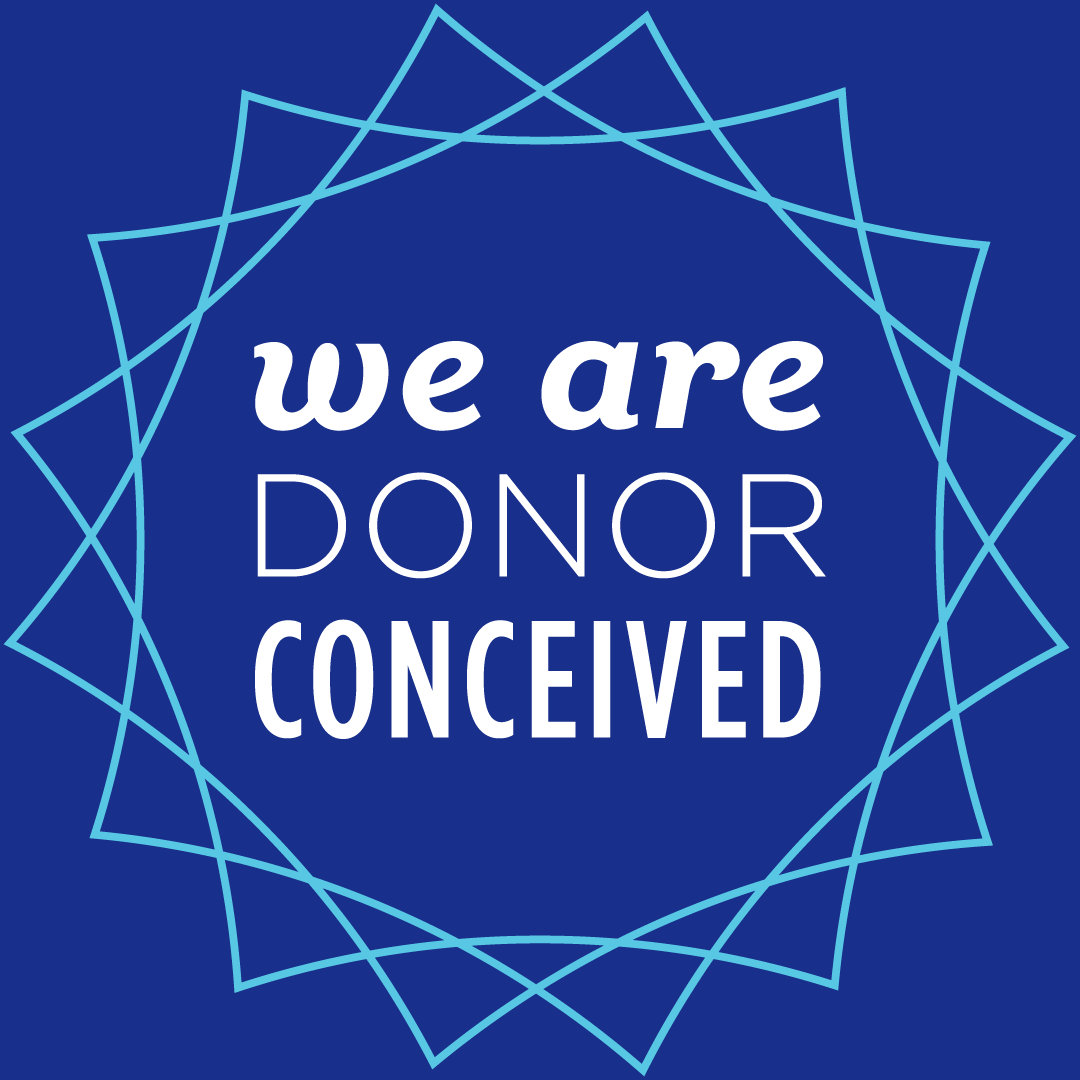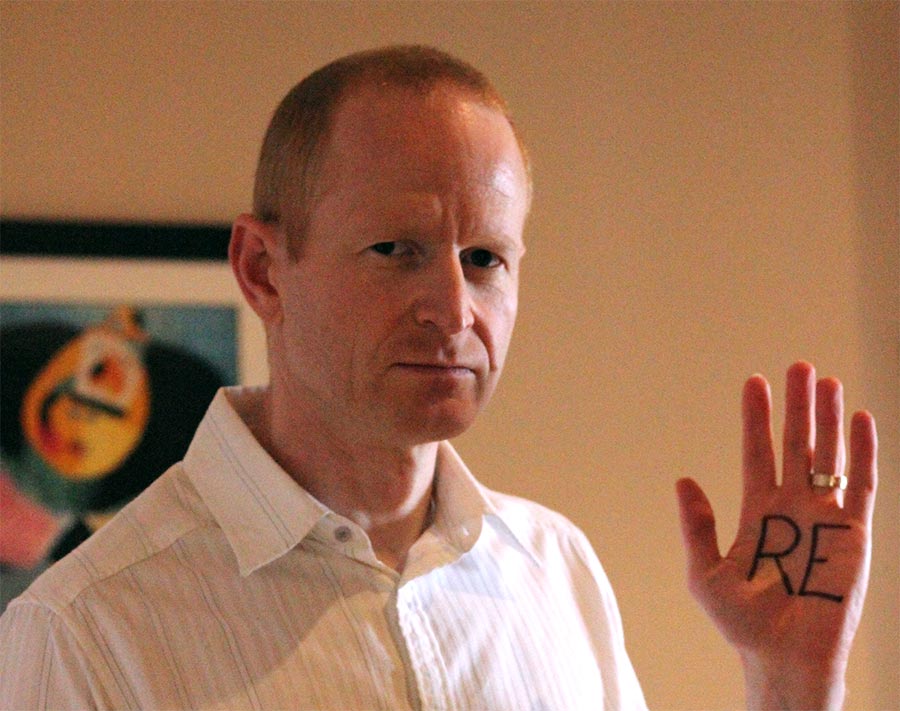Q&A: Damian Adams
Damian Adams is a biological research scientist at the University of South Australia’s Future Industries Institute. In his spare time, Adams is pursuing a PhD focused on issues of donor conception and has published several academic papers and editorials surrounding donor conception. His current PhD research explores the medical/physical outcome of donor conception and possible adverse effects of freezing DNA. He is also an advocate for donor conceived people and was instrumental in bringing about legislative amendments in Victoria that afford donor conceived Victorians access to identifying information about their donor, regardless of when they were born.
In this Q&A, Damian shares his views on donor conception and his hopes for what the rest of the world can learn from the legal and social progress that has been made in Victoria.
What has the response been among the general public to the Victorian amendments?
There’s been a mixed response. Some people think donor conceived people should be grateful to be alive, which is what we term as “existential debt”—that they’re not allowed to seek anything because they should just be grateful to be alive and have to put up with that—while other people are fully supportive and empathetic.
I think being able to connect donor conception with adoption helps people understand, because here in Australia, adoptees are able to access information on their birth parents, even if they originally intended on being anonymous.
How do you respond to the idea that it’s unfair to renege on the promise of donor anonymity?
There are a couple of things that need to be brought to attention about that. One is the agreements that were signed in this anonymity period fail the definition of a legal contract. Furthermore, they only show an agreement between the donor and the recipient parents. There’s no mention of the donor conceived person being excluded from information, just that the recipient parents wouldn’t seek out information from the donor and vice-versa. You can also argue that it’s impossible to make an agreement about a person on behalf of them when they don’t even exist yet. Furthermore, several donors have come forward supporting this change, as during their donations they had no option but to be anonymous even if they wanted to be identifiable. It is therefore erroneous to assume that all donors who donated under anonymity want to remain anonymous.

As a teenager, I was quite proud of being donor conceived and happy about the whole thing. I even thought about donating myself and was ok with it being anonymous if it meant that more families could have children. But my views changed a complete 180-degrees when I had my own children. When I held my first child in my arms, I realized that she was me and I was her. It was a strange epiphany because at the same time, I felt devastated by the idea that she could possibly grow up not knowing who I am. I feel like society feels the same way. If I got killed in a car accident, society would call the fact that she would grow up not knowing her father a tragedy.
In that scenario, my role in her life would have been limited—I might have changed a few nappies—but even if her mother remarried and someone else raised my daughter, you’d always recognize that I was her father, not this next person. It seems like what we describe as being important in a family structure changes depending on the situation. In some cases the biological father is important, in others he’s not. When my daughter was born, it hit me that that’s what happened in my life. I was deprived of knowing who my biological father is. I grew up looking in the mirror and seeing half a person looking back. I didn’t know where half of my abilities and likes and dislikes came from. I struggled to form my identity and it became clear exactly why.
Watching my own children act in certain ways that were definitely not taught but obviously innately biological gave me a clearer sense about how I’m linked to my biological father. And, being a biological scientist, I’m aware of how DNA affects these sorts of behaviors. It made things a lot more concrete in my mind about what had occurred to me and I couldn’t agree with it anymore. From my own perspective, I believe donating would have been the single biggest mistake of my life. I don’t think it would have been appropriate for me to allow my children to not know their other siblings.
It’s ironic that people had a child through donor conception because they felt it important that at least one parent to be a biological parent, but yet the other biological parent is disposable. It’s contradictory. For many donor conceived people, the other half of the biological connection is important as well.
How do you feel about donor conceived people using DNA tests to find their genetic relatives?
I’m all for it. It’s quite ironic that the one thing the donors gave us (our DNA) is the undoing of anonymity. By the time donor conceived people start searching, they’re adults. So, they’re generally not looking for a father or a mother to replace their current family; they’re seeking answers about themselves.
Have you had any success in finding your donor or any siblings?
I’ve tried for over 25 years to find information and run into numerous brick walls. At various times, I was told the records were lost or that they were destroyed, which didn’t end up being true. Through a freedom of information request, I found out a donor code but that’s the only thing I’ve got to go forward with. I’ve been told they can’t or won’t find the records to match up with it.
Are you still hopeful one day that will change?
I’ll never give up hope completely, but I’m pretty much resigned to the fact that I’ll never know unless I find a match on a DNA site. I’ve done the majority of them and live in the vain hope that someone will pop up. It’s something I’m doing for my children as well. It’s about their family, kinship and heritage as well as my health history. I think wanting to have access to your health history is something everyone can relate to even if they can’t relate to the kinship issues.
What do you think the rest of the world can learn from the progress that’s been made in Victoria?
I think donor conception is playing catch-up with adoption. We’ve had a national apology for the stolen generation and forced adoptions, so there is a framework for recognizing that kinships are important in all matters of society except for donor conceived people. So, we’re trying to encourage the other states to follow Victoria. Right now, South Australia is reviewing the legislation surrounding donor anonymity and retrospective access to information. We’re hopeful that it will be a mirror of the Victorian legislation.
I think when we have nationally consistent legislation, hopefully the rest of the world will take that up. There’s been varying levels of progress around the world. The UK removed anonymity in 2005 and there’s been a challenge in British Columbia, Canada that originally won but was overturned. Progress is being made, but unfortunately America is a bit of a wild west where anything goes as long as people make money. Hopefully they’ll recognize what’s happening here and start making changes.
Links to Damian’s research can be found on the WADC Resource page. Or, click these links to view the papers directly:
Emerging models for facilitating contact between people genetically related through donor conception: a preliminary analysis and discussion
Building a Family Tree: Donor-Conceived People, DNA Tracing and Donor ‘Anonymity’

